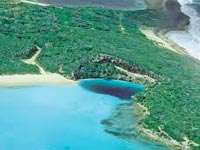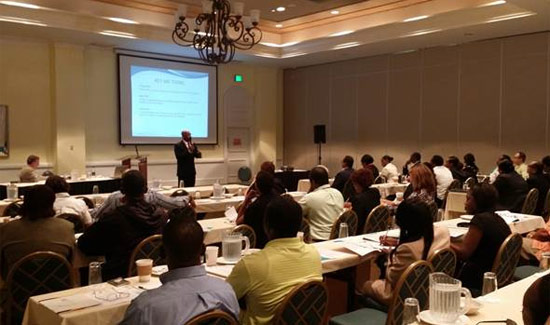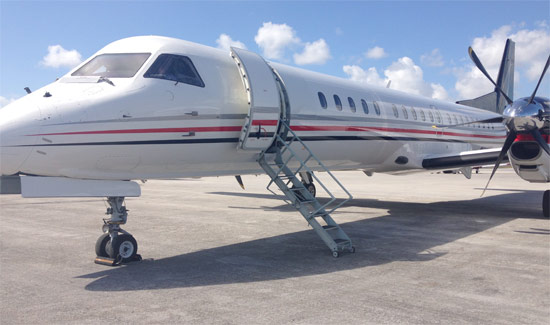The Caribbean travel and tourism industry, which now accounts for an average 12 per cent of the gross domestic product of the region, is being threatened by the “disproportionate” imposition by the British Government of the Airline Passenger Duty (APD) to Caribbean destinations, said chief executive officer of British Airways, Willie Walsh. “This tax not only massively overstates the carbon impact of flights to the Caribbean, but threatens the very fabric of the tourism sector, on which so much of the islands’ economies depend,” said Walsh at a conference of the Caribbean Tourism Organisation (CTO) on Leadership Strategy.
The APD, which will be increased between a range of 50 to 112 per cent from next month, is an ostensible attempt by the UK Government to have airlines pay for contributing to the release of carbon emissions. The tax is based on distance bands with passengers on long-haul flights paying at the highest levels. Comparing the application of the increased APD on a family of four flying 7,200 between London and Hawaii to one flying to the Caribbean, Walsh said while the family going to Hawaii would pay £240, a similar-sized family going half that distance between London and the Bahamas would have to pay £300. Since November 2009 when the APD was increased from £120 per family of four to £200, “arrivals from Britain to the Caribbean have fallen by an average of 12 per cent and 25 per cent on some islands.



